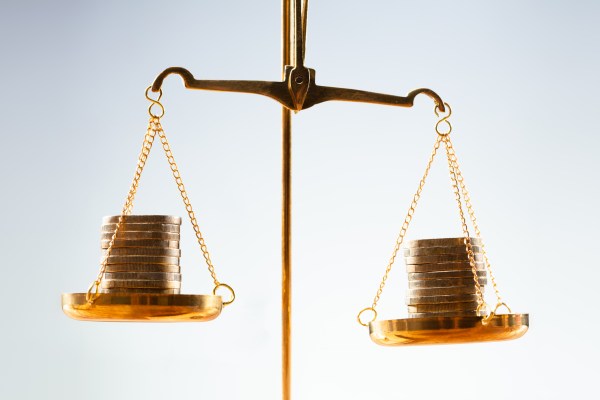Last week, the crypto community celebrated a U.S. federal court case that ruled Ripple’s XRP token does not make up illegal securities sales — but only in some cases.
Though many celebrated the ruling, it’s not a true win for crypto.
Judge Analisa Torres, who presided over the case, approved the SEC’s motion with regard to institutional sales of Ripple’s XRP token, meaning that the cryptocurrency is a security when used for institutional sales. However, Torres denied the SEC’s motion related to programmatic sales of XRP, among other circumstances, which means she ruled XRP is not a security when sold to the broader public.
“Lining up the summary judgment in favor of the SEC next to the summary judgment in favor of Ripple Labs, it is as if two separate law clerks wrote the different sections and the judge never reconciled them,” Benjamin Cole, fellow at the British Blockchain Association and professor at Fordham University’s Gabelli School of Business, told TechCrunch+. “If this were an assignment turned in by a student, I would dock the grade repeatedly for internal inconsistencies and specious conclusions.”
“[The ruling] underscores the need for regulatory clarity and consistent standards across different types of participants and transactions,” said David Shargel, partner at Bracewell LLP. “The distinction will continue to fuel questions about the legalities and regulatory frameworks surrounding cryptocurrency sales and distribution.”
And it is, indeed, confusing: It’s a security in one context but not the other, which means it backs the SEC’s stance but also goes against it.
As the dust settles, questions loom: Where does this leave the crypto industry? And what happens to pending cases with the SEC?
The ruling precedes other lawsuits and enforcement actions and gives some clarity by one of the nation’s most significant courts. But the logic of the decision could have a “massive impact on the regulatory treatment of digital asset marketplaces in the United States, as it suggests that they are not facilitating securities trading and therefore are not under the purview of the SEC for secondary market trading activity,” said Daniel Stabile, co-chair of Digital Assets Group and an attorney at Winston & Strawn.
The ruling comes as the SEC ramps up enforcement actions against entities that it believed were violating securities laws in the U.S., filing suits against domestic and international entities in the crypto market, including Coinbase and Binance. “The timing of the decision is vital,” Stabile said.
This decision may also encourage other industry participants to “challenge the classification of their tokens as securities, leading to potential legal battles and appeals,” Shargel said. “Additionally, the eventual outcome of the Coinbase case against the SEC will also have a significant impact on how cryptocurrencies are regulated and perceived.”
And the XRP decision has already affected the crypto market. Prices for XRP spiked to 82 cents after the news, reaching its highest level since April 2022, according to CoinMarketCap data. Crypto exchanges Kraken and Coinbase, which suspended trading of XRP for U.S. customers after the SEC case was released in December 2020, restarted trading for the token.
At the time of publication, XRP was around 84 cents, up 80% over a seven-day period. The two largest cryptocurrencies by market cap were slightly changed, with bitcoin down less than 1% and ether up about 2% on the week.
But this market movement isn’t necessarily a good thing. “Crypto project insiders now have a green flag to engage in secret sales, insider trading, and a whole bunch of other terrible market manipulative activity that the SEC has been able to tightly rein in over the decades in stock markets,” said Fordham’s Cole. “If not overturned on appeal, I expect lots of aunts and uncles to lose a lot of money to bad guys.”
However, it’s important to note that the XRP ruling is specific to its case and should not be seen as a “blanket verdict for all cryptocurrencies,” Shargel said. Bad actors entering the space to benefit from the ruling might face harsh punishments from regulators.
Moving forward, it is “crucial” for regulators to establish clear guidelines and definitions to address these discrepancies so that all participants could have a “level playing field,” Shargel added.
